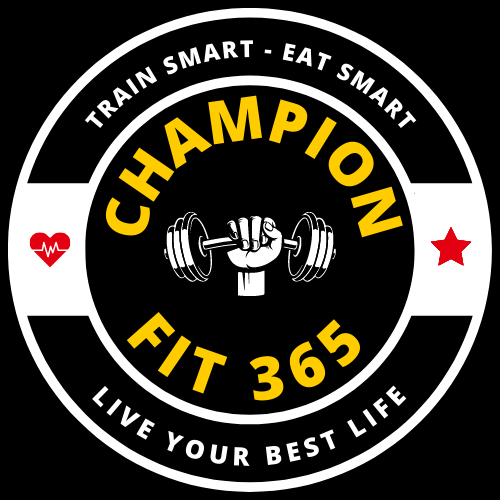The Vital Link Between Nutritional Awareness And Gen-X Men, Part 2
Unlock Your Health and Fitness: The Power of Nutritional Awareness for Gen-X Men Part 2
Welcome back to the second part of our two-part series on nutritional awareness! In the first installment, we delved into the world of carbohydrates. Today, we’re expanding our horizons to cover proteins, fats, vitamins, minerals, dietary fiber, and the often-overlooked but essential component—water. So let’s dive right in and continue our journey to a healthier, fitter you.
Why Nutritional Awareness Matters
Protein: The Building Blocks of Life
Protein is not just for bodybuilders; it’s essential for everyone. It plays a crucial role in building and repairing tissues and maintaining muscle mass as you age. Contrary to popular belief, most people don’t get enough protein. So next time you’re having a meal, ask yourself, “Where’s my protein?”
Quick Tips:
– Quality Matters: When it comes to meat, opt for grass-fed, grass-finished, free-range products whenever possible.
– Protein: Essential for building and repairing tissues. Great sources include chicken, fish, beans, nuts, and dairy products.
Fats: The Good, The Bad, and The Ugly
Fats have been demonized for years, but they’re essential for energy and hormone production. The key is to focus on healthy fats like monounsaturated and polyunsaturated fatty acids. On the flip side, saturated and trans fats are linked to heart disease and should be consumed sparingly.
Quick Tips:
– Read Labels: Always check the nutrition labels to know what type of fats you’re consuming.
– Fats: Not all fats are bad! Monounsaturated and polyunsaturated fats are fine in moderation. Think avocados, nuts, seeds, and olive oil.
Vitamins & Minerals: The Micronutrient Marvels
Vitamins and minerals are essential for a plethora of bodily functions. While fortified foods may offer these nutrients, the best sources are whole foods like fruits and vegetables.
Quick Tips:
– Supplement Wisely: Quality supplements can be a good and practical addition but should not replace whole foods.
– Vitamins & Minerals: Get these from whole foods whenever possible. They’re essential for a range of bodily functions, from bone health to fluid balance.
Dietary Fiber: The Unsung Hero
Dietary fiber is crucial for your digestive system. It helps regulate your intestines and can be an important tool in fat loss. Look for fiber in whole grains, legumes, fruits, and vegetables.
Quick Tips:
-Stay Full Longer: Foods rich in fiber can help you feel fuller for longer, aiding in weight loss.
– Dietary Fiber: Important for digestive health. Found in whole grains, legumes, fruits, and vegetables.
Water: The Essence of Life
Staying hydrated is essential, especially when you’re active. Dehydration can severely impact your performance and overall well-being. A quick way to check your hydration level is by the color of your urine.
Quick Tips:
-Hydration Check: Light yellow or clear urine indicates good hydration, while dark urine suggests you need to drink more water.
– Water: Essential for nearly every bodily function. Keep an eye on the color of your urine to gauge your hydration level.
Final Words
That wraps up our two-part series on nutritional awareness. We’ve covered a lot of ground, from carbohydrates to water. Remember, good nutrition is not just about one meal; it’s about every meal. So next time you sit down to eat, take a moment to assess your plate. Is it serving your goals? Is it leading you in the right direction?
Nutrition is perhaps the best insurance policy you can have. It reduces the risk of diseases, improves overall well-being, and can even help you recover faster from injuries. So arm yourself with this knowledge and start making better choices today.
If you’ve enjoyed this series and want more straight talk to get into better shape, don’t forget to subscribe. Until next time, train smarter, eat smarter, and get more out of life.
Your coach, Neil. D,
Talk soon
You might also like:
The Sweet Truth: The Power of Nutritional Awareness for Gen X Health



